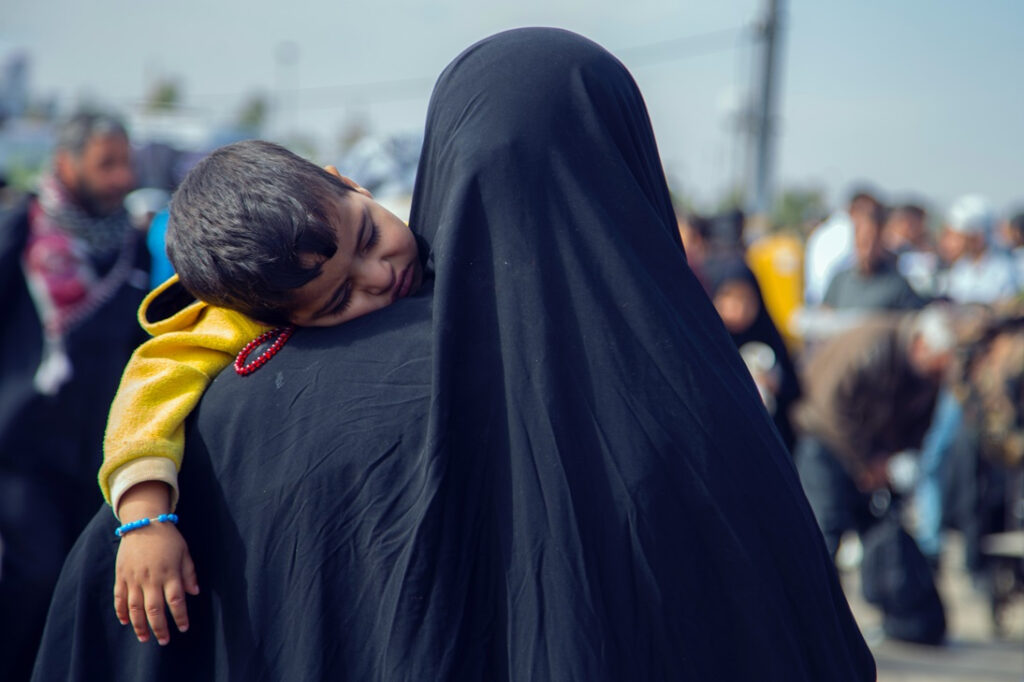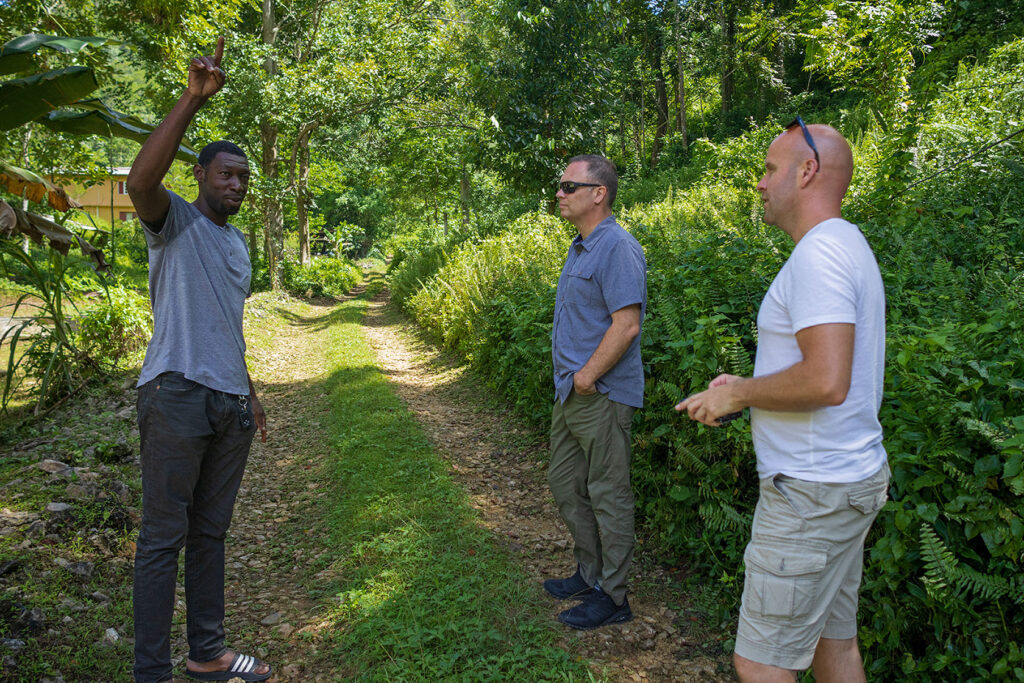It’s summer here in Portugal, but it is still colder than my winters back in Tanzania.
People keep telling me, “Oh trust me, it’ll get warm soon!” I don’t believe them. Even at the beach you have to wear a sweatshirt to stay warm.
After growing up in Africa, the weather here was just one of many differences that I had to get used to—and I’m not quite there yet. Moving is hard enough, but changing cultures, countries, and continents adds a whole new dimension to the struggle of transition. Third-culture kids (TCKs) and missionary kids (MKs) who move to a new field have to reinvent their entire way of thinking, living, and even speaking.
I’ll be the first one to say that TCKs go through more than most kids their age. But that doesn’t mean we have a horrible childhood. Not by a long shot. There is always a silver lining; it’s not visible at first, but it’s there nonetheless.
1. Experiencing the World
Missionary kids get to see the world. I’ve seen 13 countries so far, with four more planned in the next year. My sisters and I have amazing experiences and memories all over the world. I never would have been able to travel this frequently if I wasn’t a TCK.
We have…
- ridden bikes along the canals of Amsterdam,
- hiked to the top of the second-highest waterfall in the world,
- danced across medieval castle walls,
- danced with a South Sudanese tribe during their church service,
- seen every African savannah animal possible,
- played pretend bakery in the ruins of Pompeii,
- swam in a desert oasis,
- slid down the stair rails in Notre Dame,
- pet cheetahs and baby black rhinos,
- visited a Franciscan chapel of bones, and even
- walked down an Initiation Well for the Knights Templar.
When we talk about our travels and experiences, I promise: we’re not trying to boast. Travel is simply our childhood—to the point where we have to mentally sort our memories by country.
2. Global Friendships
Not only have we made memories all over the world, but as missionary kids we also have family and friends across the globe. People in four different countries have become family to me, whether they are the generous grandparents in South Africa, the crazy cousins in Tanzania, the unruly uncles in Portugal, or the amazing aunts in America. We have friends we talk to in the morning before school, ones we message during school hours, and others who would wake us up at night if our ringers were on (dealing with time zone differences is a daily part of our lives).
Meeting people all around the world leads to an inevitable understanding of cultures, which can only be gained through experience—something that TCKs are not lacking in. We grow up immersed in different cultures, learning from a young age how to navigate between religions, customs, and traditions. It is a skill highly sought-after in global companies, which gives TCKs a rare advantage in the international business world.
All of this does come with a price, however. To say hello to all those new friends, we first had to say goodbye to old ones. Missing people is also a recurring theme, albeit a worthwhile price to pay for having a global family. To experience all those incredible things around the world, we first had to give up our old way of living. To adapt in different cultures, we first had to leave the culture that was dearest to us.
Which leads to my last glimpse of silver lining: the blessings found in our grief.
3. The Joy of Grief
Our grief fades into homesickness, restlessness, and the dull ache of loss as we say goodbye to people, cultures, and countries. Our grief teaches us how to adapt; it teaches us how to accept change and loss, without crumbling under the weight of it. In an ever-changing world, we’ve mastered the art of accepting change.
The grief that TCKs experience is discussed all the time, yet the silver lining isn’t mentioned nearly as much. But it’s there.
In the words of author Bill Bryson: “When you move from one country to another, you have to accept that there are some things that are better and some things that are worse, and there is nothing you can do about it.”
I have given up three homes, soon to be four as I head off to college. I’ve said more goodbyes than I’m willing to count, and I still have days where I wake up feeling like I am in the wrong country. But God has given me a life that I wouldn’t trade for anything. From our hardest obstacle, comes our brightest silver lining.




